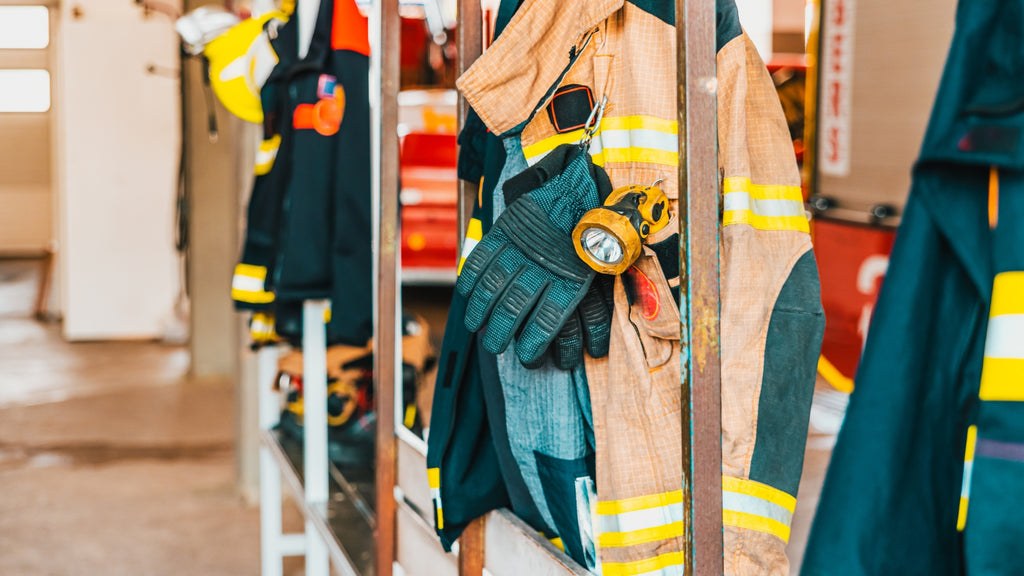Exploring Flame-Resistant (FR) Apparel Categories: Understanding the Differences

In demanding work environments where safety is paramount, Flame-Resistant (FR) apparel protects workers from arc flash incidents. To provide adequate protection, FR clothing is categorized into different levels based on their Arc Ratings and ability to shield against potential hazards. In this educational blog post, we will delve into the nuances of these FR apparel categories, specifically focusing on Category 1, Category 2, Category 3, and Category 4, to help readers grasp the significance of selecting the right level of protection.
Category 1: Basic Protection
Starting with Category 1 FR apparel, this level offers essential protection with a minimum Arc Rating of 4 cal/cm². Designed for low-risk environments, Category 1 garments provide a foundational level of safety for workers facing minimal arc flash hazards.
Category 2: Moderate Protection
Moving up the scale, Category 2 FR apparel requires a minimum Arc Rating of 8 cal/cm² up to 24 cal/cm². This category offers moderate protection, making it suitable for workers exposed to potential arc flash risks requiring a higher shielding level.
Category 3: Significant Protection
Stepping into Category 3, the minimum Arc Rating ranges from 25 cal/cm² up to 40 cal/cm², providing significant protection for workers in environments with elevated risk of arc flash incidents. Category 3 FR apparel ensures enhanced safety for individuals facing more substantial hazards.
Category 4: Maximum Protection
At the top end of the spectrum, Category 4 FR apparel offers maximum protection with a minimum Arc Rating of at least 40 cal/cm². Ideal for extreme arc flash hazards, Category 4 garments are designed to safeguard workers in high-risk environments with the potential for severe incidents.
Differentiating Factors Across Categories

Understanding the differences between these FR apparel categories is crucial for ensuring the safety of workers. Employers can effectively mitigate the dangers associated with arc flash incidents by selecting the appropriate category based on the specific risk factors present in their work environments. When choosing FR clothing for employees, it is essential to consider factors such as the level of exposure, the intensity of potential hazards, and the required Arc Rating.
Conclusion

In conclusion, categorizing Flame-Resistant apparel into Category 1, Category 2, Category 3, and Category 4 is a vital guideline for organizations looking to enhance workplace safety and protect their workforce from arc flash incidents. By comprehending the distinctions between these categories and their associated protection levels, employers can make informed decisions when selecting the appropriate FR apparel for their employees.
Educating employees on the significance of wearing the proper FR clothing for their specific work environments is key to fostering a safety culture and ensuring compliance with industry standards. Stay informed, stay protected, and prioritize safety with the appropriate Flame-Resistant apparel categories.
This blog post aims to shed light on the importance of understanding the variations in FR apparel categories, empowering readers to make informed choices when it comes to workplace safety and the selection of protective clothing. Remember, safety first is not just a phrase—it's a commitment to prioritizing the well-being of every individual in the workplace.
Know Now How to Choose the Right FR Apparel

In this educational blog, we have delved into the distinctions between Flame-Resistant (FR) apparel categories, offering valuable insights into the levels of protection they provide. For further information or assistance with your FR apparel needs, feel free to reach out to us at any time.
If you have any further questions or need more guidance on this topic, please let us know. We're here to help you navigate the world of safety apparel with confidence and clarity.
